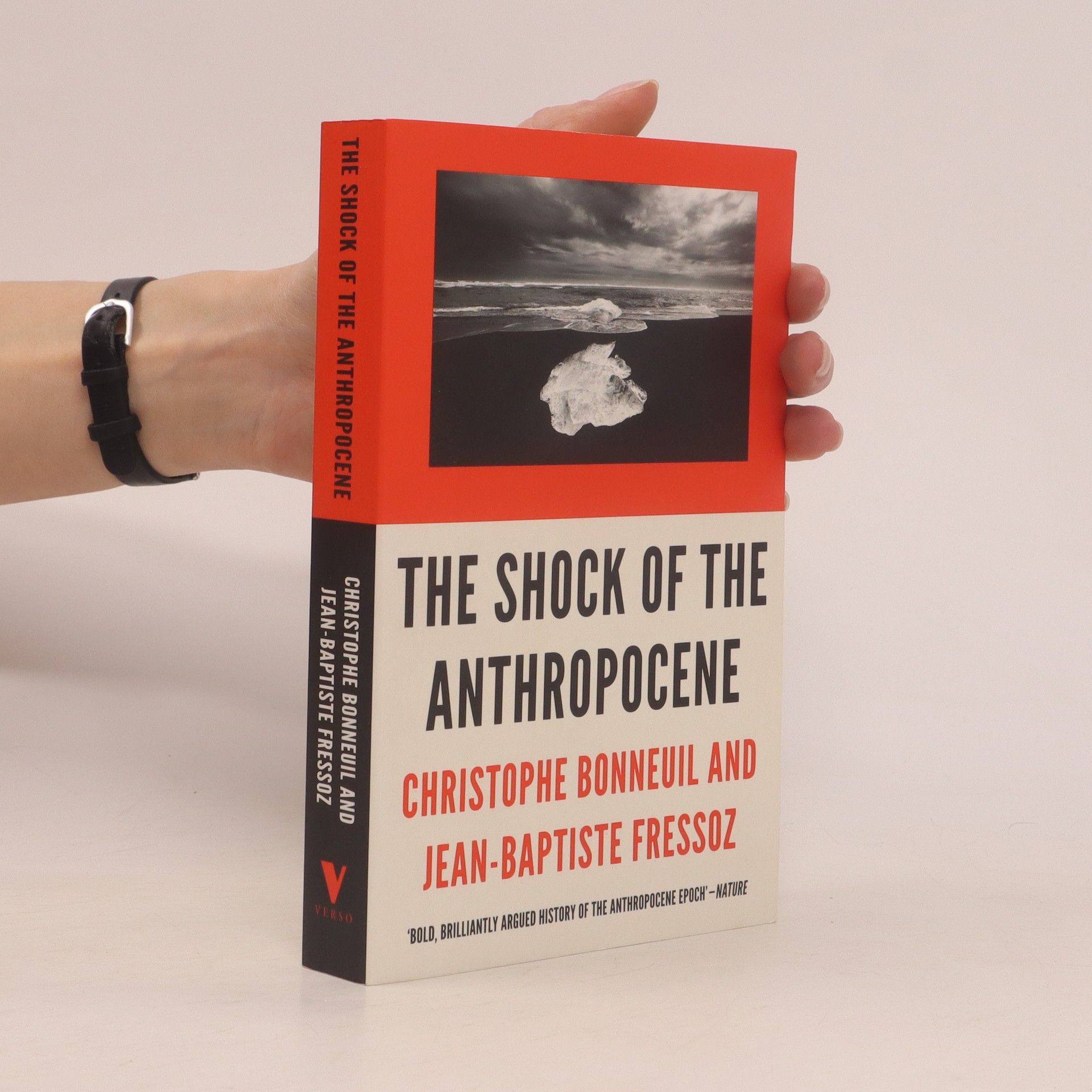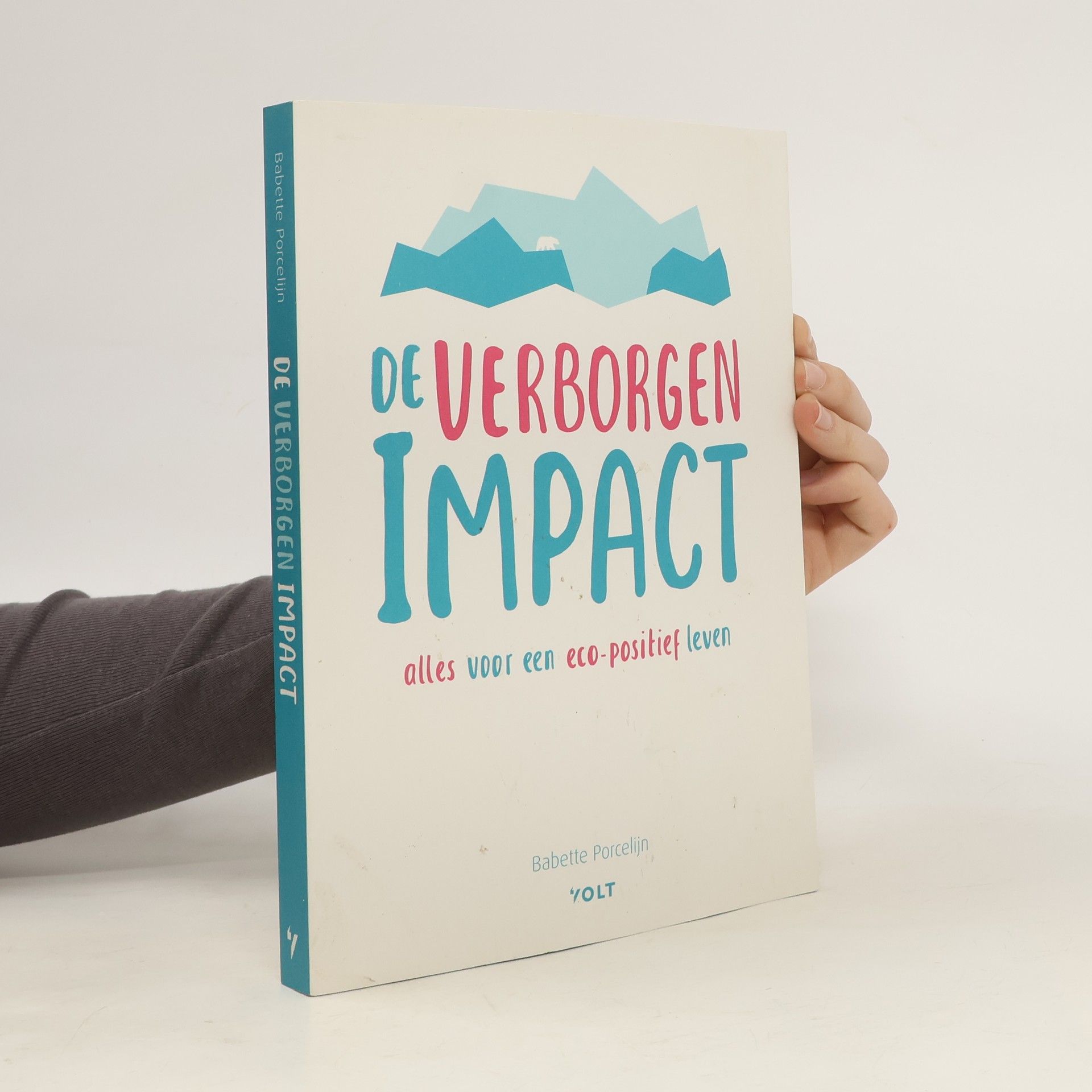Goes to the heart of the unfolding reality of the twenty-first century: international efforts to reduce greenhouse gas emissions have all failed and before the end of the century Earth is projected to be warmer than it has been for 15 million years.
AntropoceenReeks
Deze collectie duikt in de diepgaande impact van menselijke activiteiten op de planeet tijdens het tijdperk dat bekend staat als het Antropoceen. Het brengt diverse perspectieven samen om ecologische crises, klimaatverandering en maatschappelijke transformaties te onderzoeken. De serie biedt kritische inzichten in de uitdagingen en mogelijke oplossingen die onze huidige en toekomstige wereld vormgeven. Het is bedoeld voor lezers die een alomvattend begrip zoeken van de complexe relatie tussen de mensheid en haar omgeving.






Aanbevolen leesvolgorde
A best-seller in France, this English language edition introduces readers to an alternative perspective on our technological future. Bihouix skilfully goes against the grain to argue that 'high' technology will not solve global problems and envisages a different approach to manage our resources and build a more resilient and sustainable society.
Another End of the World is Possible
- 250bladzijden
- 9 uur lezen
The critical situation in which our planet finds itself is no longer in doubt. Some things are already collapsing while others are beginning to do so, increasing the possibility of a global catastrophe that would mean the end of the world as we know it. As individuals, we are faced with a daily deluge of bad news about the worsening situation, preparing ourselves to live with years of deep uncertainty about the future of the planet and the species that inhabit it, including our own. How can we cope? How can we project ourselves beyond the present, think bigger and find ways not just to survive the collapse but to live it? In this book, the sequel to How Everything Can Collapse, the authors show that a change of course necessarily requires an inner journey and a radical rethinking of our vision of the world. Together these might enable us to remain standing during the coming storm, to develop a new awareness of ourselves and of the world and to imagine new ways of living in it. Perhaps then it will be possible to regenerate life from the ruins, creating new alliances in differing directions – with ourselves and our inner nature, between humans, with other living beings and with the earth on which we dwell.
The book explores the limitations of relying solely on advanced technologies and green innovations to address the environmental crisis. It argues that the increasing complexity of these solutions often depends on scarce materials, which poses a significant risk. The discussion highlights the need for a more sustainable approach that considers the availability of resources and the potential consequences of over-relying on smart systems.
Einfach. Jetzt. Machen!
Wie wir unsere Zukunft selbst in die Hand nehmen. Praktische Schritt für Schritt Anleitungen und Inspirationen für eine nachhaltige Zukunft und Selbstwirksamkeit
Es tut sich was. Überall auf der Welt entscheiden sich Menschen, ihre Zukunft und die ihrer unmittelbaren Umgebung selbst in die Hand zu nehmen. Transition lautet der Name der Bewegung, der sie zusammenführt; es ist die Verkörperung der Idee, dass lokales Handeln die Welt verändern kann. Global gibt es mittlerweile über 1.000 Initiativen in über 40 Ländern – und auch in Deutschland fasst die Idee zunehmend Fuß, etwa in Freiburg, Bielefeld oder Berlin-Kreuzberg. »Einfach. Jetzt. Machen!« ist voller inspirierender Beispiele. Ob die Nachbarschaft in Gemeinden durch genossenschaftliche Bäckereien, durch gemeinsames Gärtnern oder die Installation von Solaranlagen gestärkt wird, oder ob es ganz einfach neue Geschäftsideen sind, die beflügeln – Rob Hopkins’ Buch macht Lust, die Ärmel hochzukrempeln und selbst anzupacken!
How Everything Can Collapse
- 250bladzijden
- 9 uur lezen
A brave book that confronts directly the very real possibility that our civilization will collapse--
Dissecting the new theoretical buzzword of the “Anthropocene” The Earth has entered a new epoch: the Anthropocene. What we are facing is not only an environmental crisis, but a geological revolution of human origin. In two centuries, our planet has tipped into a state unknown for millions of years. How did we get to this point? Refuting the convenient view of a “human species” that upset the Earth system, unaware of what it was doing, this book proposes the first critical history of the Anthropocene, shaking up many accepted ideas: about our supposedly recent “environmental awareness,” about previous challenges to industrialism, about the manufacture of ignorance and consumerism, about so-called energy transitions, as well as about the role of the military in environmental destruction. In a dialogue between science and history, The Shock of the Anthropocene dissects a new theoretical buzzword and explores paths for living and acting politically in this rapidly developing geological epoch.

